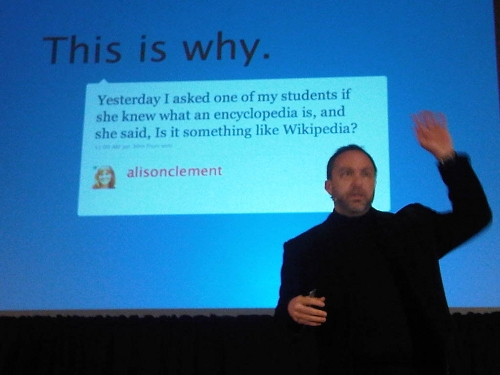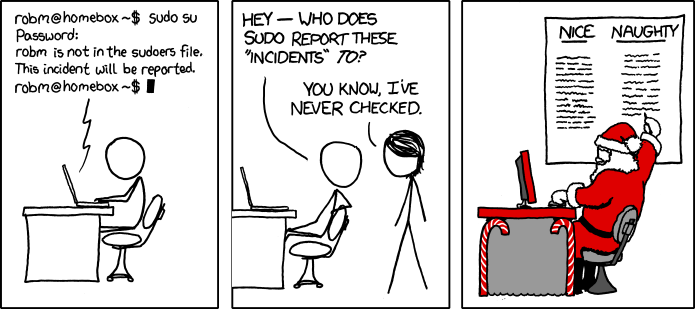Ada Initiative supports women in free and open source
Sexism in free and open source software (FOSS) culture has been increasingly discussed and documented over the past couple of years. However, little has been done about it. Moreover, the lack of women contributors to projects such as Wikipedia has been highlighted by Wikipedia founder Jimmy Wales (news passim) and in Australia, Collective Action is endeavouring to counter this too with its Women for Wikipedia initiative (more news passim).
To highlight the importance of involving women, Mitchell Baker, chair of the Mozilla Foundation, says: “Open technology and culture are shaping our future and must reflect all people. Involving more women in the creation of our future is a critical step in building a healthy Internet world.”
Valerie Aurora and Mary Gardiner, who have both been involved in women’s FOSS groups for more than a decade, are now determined to change this situation with the foundation of The Ada Initiative, a non-profit organization with the aim of encouraging women’s participation in both FOSS and related groups, such as the Free Culture Movement and Wikipedia.
The Ada Initiative is focused on helping women get careers in open technology through recruitment and training programs for women, education for community members who want to help women and working with companies and projects to improve their outreach to women.
The initiative is named after Ada Lovelace, an associate of Charles Babbage, who is often credited with being the first computer programme.


 Late notice I know (you might try apologising for your tardiness. 🙂 Ed.), but the Bristol & Bath LUG has this morning had details of the above event. To quote the
Late notice I know (you might try apologising for your tardiness. 🙂 Ed.), but the Bristol & Bath LUG has this morning had details of the above event. To quote the  One of the facts that came out of Jimmy Wales’ recent talk in Bristol (
One of the facts that came out of Jimmy Wales’ recent talk in Bristol (
 News reaches the lab (hat tip:
News reaches the lab (hat tip:  Today the BBC reports that
Today the BBC reports that  Some years ago Bristol Wireless were involved in a project with a wild life sanctuary called
Some years ago Bristol Wireless were involved in a project with a wild life sanctuary called 
 In 2011 meetings of the
In 2011 meetings of the 
 The Free Software Foundation Europe (FSFE) is gathering information about the use of Free Software by the public sector in Europe.
The Free Software Foundation Europe (FSFE) is gathering information about the use of Free Software by the public sector in Europe. Regular readers will be aware that on 13th January, Jimmy Wales, the founder of
Regular readers will be aware that on 13th January, Jimmy Wales, the founder of  Over at
Over at  Just before Christmas,
Just before Christmas, 
 Our resident purveyor of bah-humbug writes:
Our resident purveyor of bah-humbug writes: